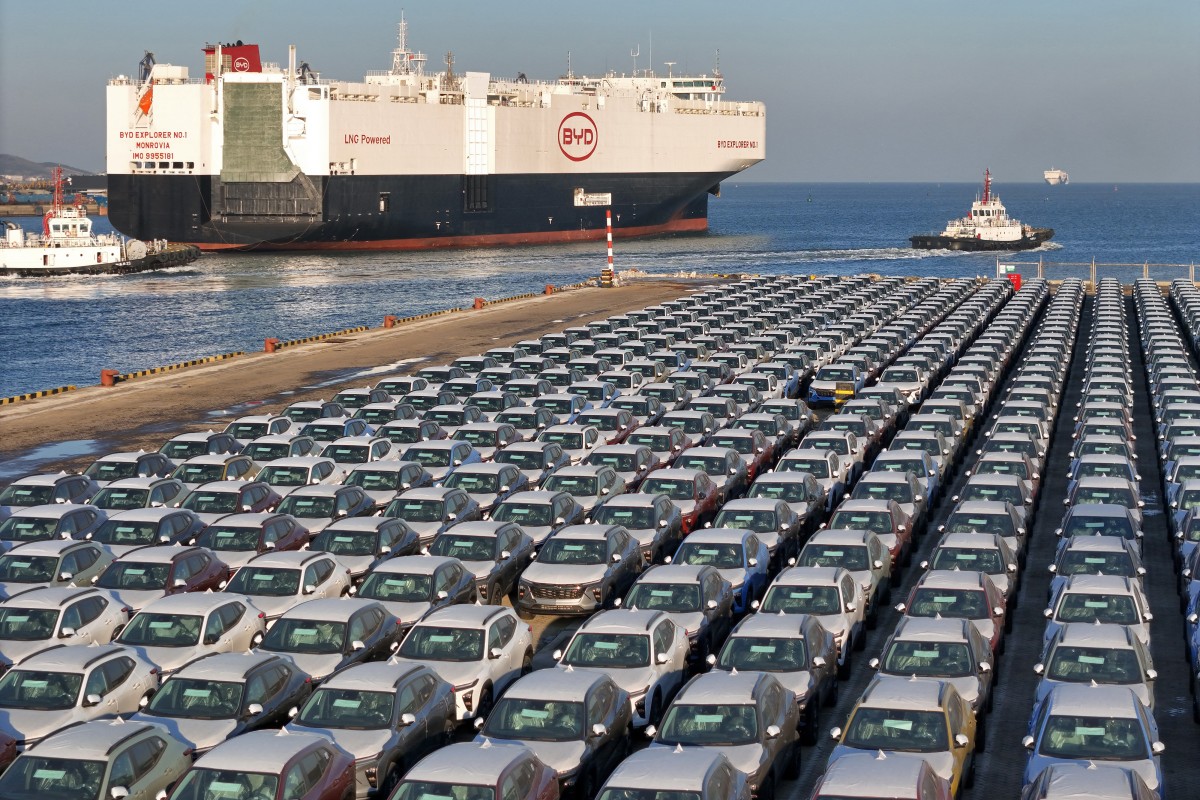Beijing, China — China will impose 84 percent tariffs on US imports, up from 34 percent, the finance ministry said Wednesday, hours after similar levies by the United States came into force.
US President Donald Trump’s latest salvo of tariffs came into effect on dozens of trading partners Wednesday, bringing duties on Chinese products up to 104 percent.
Beijing has consistently opposed tariff rises and said Wednesday it would take “firm and forceful” steps to protect its interests.
Its finance ministry later said in a statement that “additional tariff rates” on imports originating in the United States would “rise from 34 percent to 84 percent”, effective from 12:01 pm on Thursday.
“The tariff escalation against China by the United States simply piles mistakes on top of mistakes (and) severely infringes on China’s legitimate rights and interests,” the ministry said.
Washington’s moves “severely damage the multilateral rules-based trade system”, it added.
Zhiwei Zhang, president and chief economist at Pinpoint Asset Management, said China “sent a clear signal today that the government will keep its stance on trade policies”.
“I don’t expect a quick and easy way out from the current trade conflict,” Zhang said, adding that “the damage to the two economies will become visible soon”.
“The outlook for international trade and global economic growth is highly uncertain.”
In further signs of fraying ties between the world’s two largest economies, other Chinese government departments issued statements on Wednesday that targeted engagement with the United States.
Beijing’s culture and tourism ministry warned Chinese tourists to “fully assess the risks” before travelling there, citing “the deterioration in China-US trade relations and the domestic security situation in the United States.
Similarly, the education ministry said overseas Chinese students should “properly assess the security risks, and strengthen prevention and awareness” before choosing to study in certain parts of the United States.
And the commerce ministry said it would blacklist six US firms, including Shield AI Inc. and Sierra Nevada Corp., for either selling arms to Taiwan or collaborating on “military technology” with the island, the statement said.








